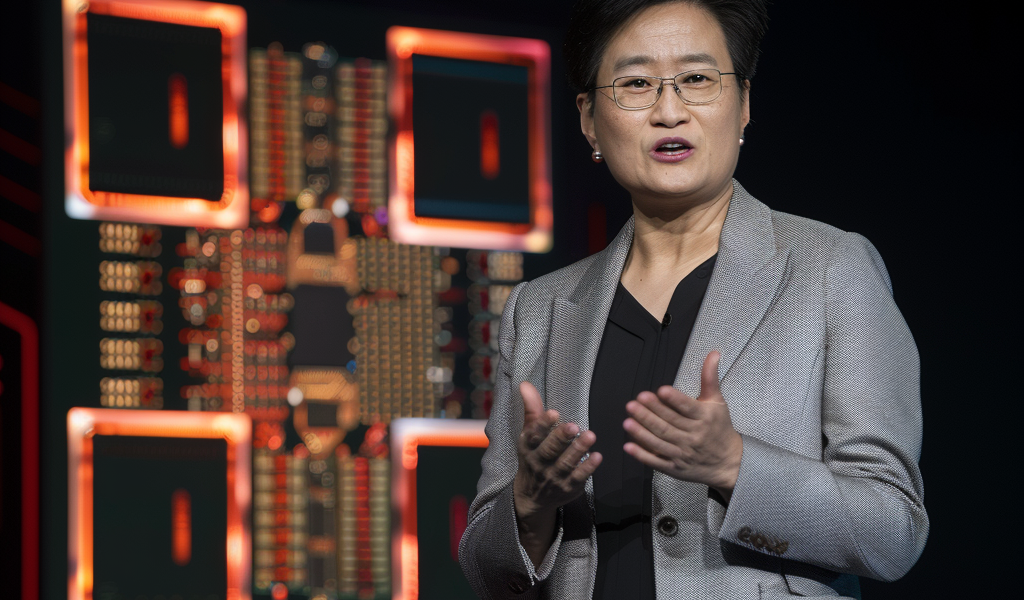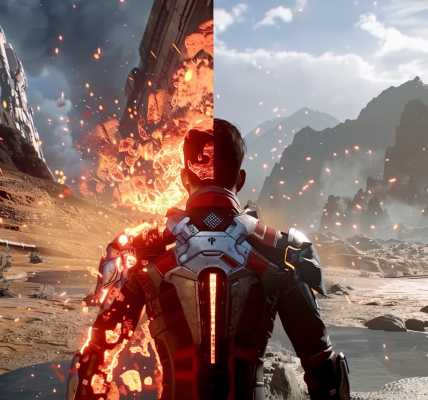AMD’s CEO, Dr. Lisa Su, foresees a future where artificial intelligence (AI) plays a significant role in gaming development, allowing games to reach screens without the need to render every detail. At Computex 2024, Dr. Su introduced the upcoming Ryzen 9000-series gaming and Ryzen AI chips, hinting at the integration of AI into desktop computing.
Dr. Su envisions a gaming landscape where developers leverage AI not only as a creative tool but also to enhance the gaming experience for players. She believes that AI will be omnipresent in gaming, offering developers the opportunity to utilize partial AI for various aspects of game development, reducing the necessity for rendering every element.
Currently, AI is predominantly utilized to demonstrate that not all elements in games need to be rendered, a concept exemplified by Nvidia’s DLSS and Frame Generation technologies, which render only a fraction of the pixels visible on screen. While AMD does not currently employ AI for upscaling or frame generation, speculation arises whether this stance will evolve in the near future.
As the gaming industry progresses, the incorporation of AI is expected to expand, potentially revolutionizing game development processes and enhancing the overall gaming experience for users. With AI becoming increasingly prevalent, both developers and players are likely to witness a transformation in how games are created and displayed on screens.





